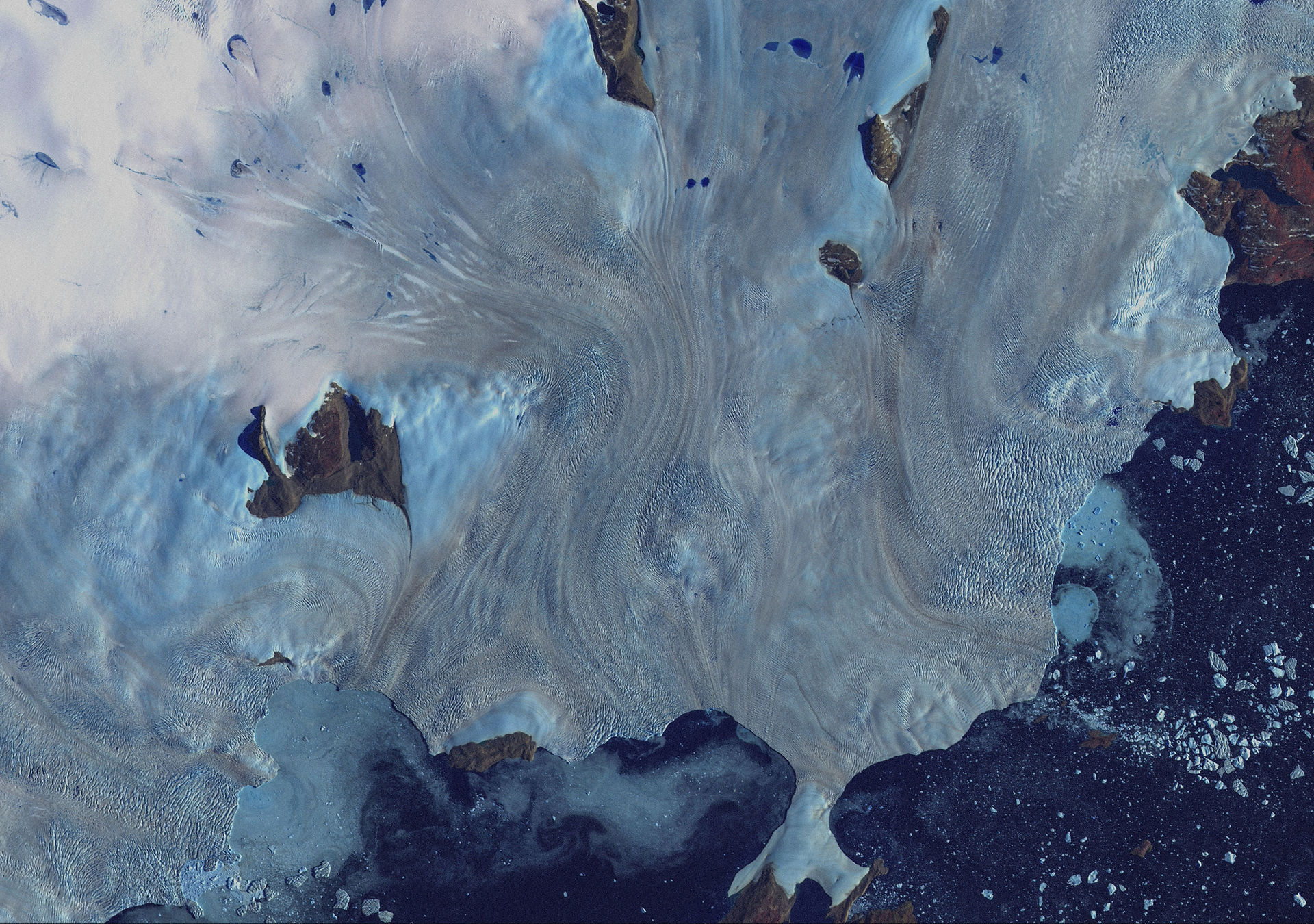By Nathan Chrismas

In ancient Caledonia,
forests marched along the glen
where, dripping moss and lichen,
they once clung to rocky slopes
with creaking, groaning, growing limbs
and roots outstretched
into the cracks of crags.
And as the breeze blew
through their branches
they would whisper
‘We are here’
Yet now
the Scottish hills are bare,
the language of their vegetation
only understood in fragments
dotted far across the Highlands
and translated on the wind.
Voices on the edge of hearing
haunt the corries
as they murmur
‘We were here’
But the mountains
do not speak of how
the landscape still remembers
that those lonely stands of pine
upon the knock and lochan North
were once a taiga;
now domestic
and confined to scattered islands,
while the bogs just echo
(silence)
and the whisper of the branches lost in ages.
In the 2020s, humankind’s influence on the environment has reached crisis point, but widespread anthropogenic change has been affecting our landscapes for millennia. In a few thousand years, land-use change and deforestation have dramatically altered the appearance of the UK’s uplands. From Dartmoor to the Lakes, Snowdonia to the Peak District, the open moorland and isolated hill-top crags that provide such a draw to walkers and climbers were once blanketed by deciduous woodland. Further north, following the close of the last ice age, much of Scotland was covered with boreal forest – or taiga – until a changing climate combined with the expansion of human agriculture (predominantly grazing by sheep and deer) stripped the hills of their native trees.
This poem was written as a reflection on these lost landscapes, from thoughts had while walking, climbing, and learning about the hills of Scotland. The accompanying photograph contrasts the bare hillsides of Glen Dee in the Cairngorms with the remnant bog forest of Monadh Mor near Inverness.
Nathan A. M. Chrismas (www.cragology.rocks) is a biologist, writer, and climber who currently splits his time between Plymouth in Devon and Inverness in the Highlands.

Comentarios